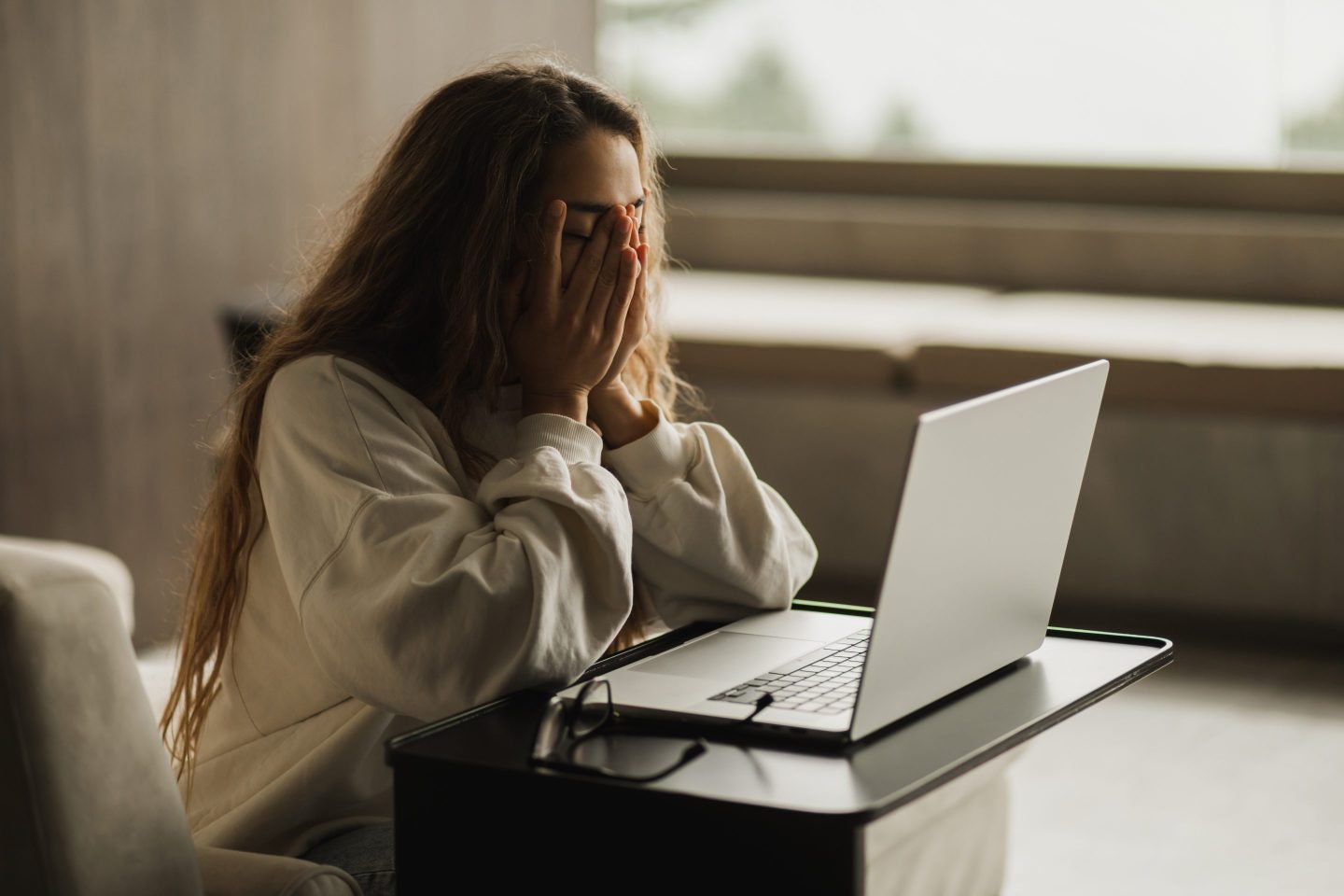Academy Award winner Anne Hathaway has long been beloved by moviegoers for many memorable performances over the past two decades, starting with her breakout role in 2001’s The Princess Diaries, followed by roles in The Devil Wears Prada, Love & Other Drugs, and Les Misérables.
Hathaway recently made an investment in a company with a purpose close to her heart and sustainable lifestyle. ZenWTR touts itself as the world’s first and only beverage with bottles made of 100% recycled ocean-bound plastic. And the brand just reached its goal of becoming plastic-negative–certified, making it the first beverage brand to do so. As a plastic-negative brand, ZenWTR says it will be able to offset at least twice its annual plastic footprint.
Hathaway recently shared more with Fortune about her decision to invest in the company.

- Startup: ZenWTR
- Location: Los Angeles
- Year founded: 2020
- Valuation: Declined to disclose
- Investment level: Founders’ round
- Number of employees: 70
- Other major investors: Jessica Chastain, Zoe Saldana, Khloé Kardashian, Paris Hilton, Ellen DeGeneres, 2 Chainz, Ellie Goulding, Juicy J, Lil Jon, Kelly Slater, Julio Jones, Tristan Thompson, Erin and Sara Foster, Phil Mickelson, Bryson DeChambeau, Max Homa, and Danny McBride
Why she invested, in her own words
Something my mom taught me from a young age is that you should try not to let perfect get in the way of good. This excellent advice came up recently when I was presented with the opportunity to invest in ZenWTR alkaline bottled water.
It had always bothered me how many plastic bottles of water were left half drunk on my film sets. Of course, what I eventually realized is what bothered me most was my own participation. I decided to focus less on what others were doing and change my own habits, and started carrying my own bottle to drink out of. In 2017, I discovered the Zero Waste lifestyle, and I got really into it. I found swaps for so many of my single-use plastic choices and found I enjoyed the challenge of strategizing my day-to-day life so that it reduced my reliance on disposable plastic products.
So when my husband mentioned in 2019 that he’d heard of an investment opportunity through friends for a recycled plastic bottled water company, I was highly skeptical I would want to be involved. At a quick glance, I thought my investment could only be hypocritical given my personal ethics. Still, my husband encouraged me to embrace curiosity over snap judgment, and I got on a call to ask questions—and discuss my reservations—with an executive at ZenWTR.

You might think the reason I eventually agreed to invest was because of how impressively the company had been built—[founder] Lance Collins’s track record in this space speaks for itself—but it wasn’t. Nor was it the company’s clear passion to develop a 100% recycled ocean-bound plastic bottle and determination to achieve the first plastic-negative beverage certification in the world. (It has since accomplished both.) And it wasn’t the (genuinely cool) fact that each of their bottles is made from up to five ocean-bound plastic bottles, a huge and necessary reduction of plastic waste.
What made me invest was the chill I felt when my question, “What happens when you run out of ocean-bound plastic to recycle?” was answered. The response? “That’s virtually impossible.”
I accept that, whatever my own preference, people like drinking out of plastic bottles. I also accept that my choice/ability to use a reusable bottle comes with it a great deal of privilege not everyone has. Given these two givens, I was able to see the good in ZenWTR, especially their goal to rescue 50 million pounds of OBP by 2025. Also, if this company becomes successful it will be because it offered a more sustainable choice for consumers without requiring them to dramatically shift their personal habits (a well-documented block to creating meaningful change). This then takes pressure off consumers to be “perfect” and puts it on beverage companies to do better.
My hope is ZenWTR is successful so that large beverage companies will have to create a more sustainable plastic bottle to keep up with consumer preference, and maybe, just maybe, it will affect whether or not virgin plastic is used at all.
It’s not perfect. But it’s certainly a good start.
This is an installment of Why I Invested, a series featuring famous investors from all different backgrounds and industries, revealing what inspired them to invest their own money in a new business.











